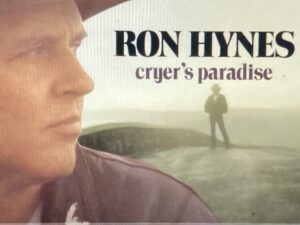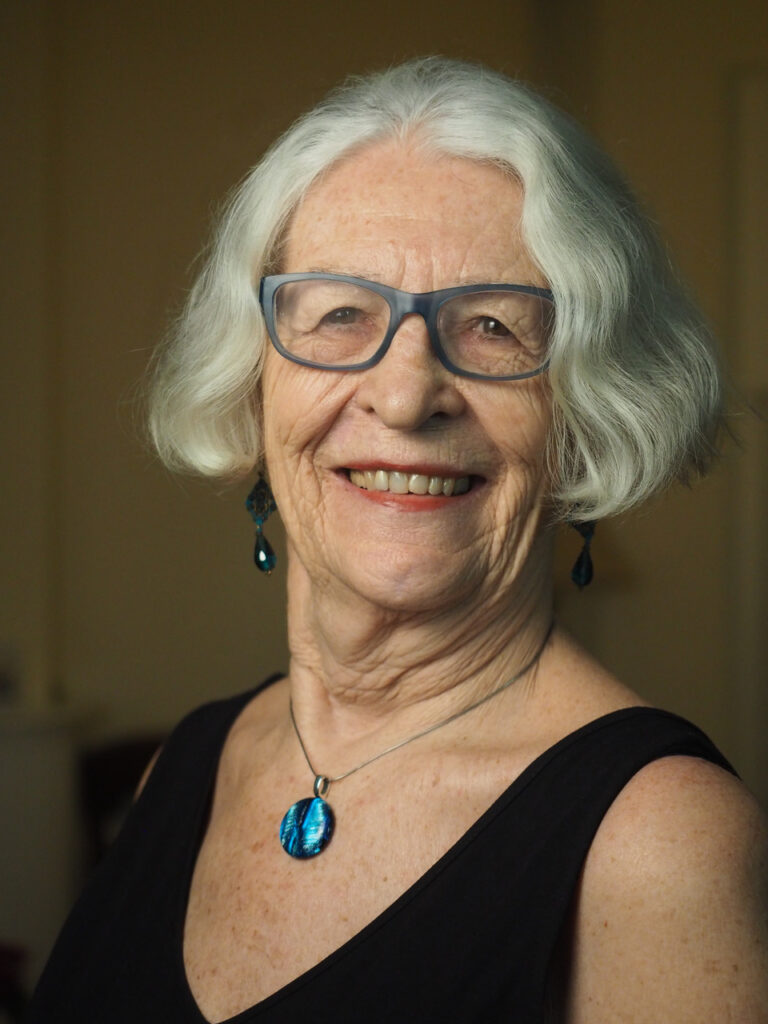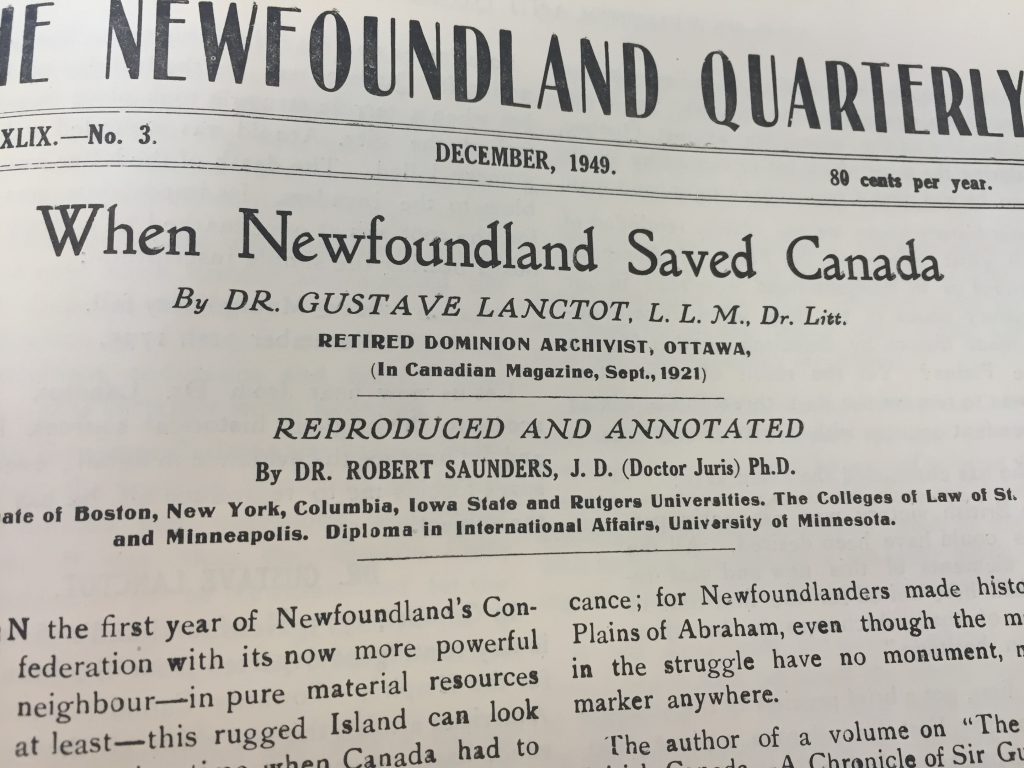All hands sing Ron Hynes: Paul Rowe spins through the album celebrating the man of a thousand songs
June 2024
When the needle dropped on my impeccable white vinyl copy of the Ron Hynes tribute album Sonny Don’t Go Away, an unexpected surge of emotion nearly brought me to tears. It might have been that elusive prelude of piano notes from Sonny’s Dream or Tim Baker’s lonesome vocal on Leaving on the Evening Tide that did it, or perhaps it was the prospect of hearing the album itself, a reminder both that Ron is truly gone and of the beauty he’s left behind. “This album is by and for people who loved Ron and his songs.” So states one of the two illustrated dust jackets and, truly, the talents here are both impressive and wide-ranging. The real heroes are Alan Doyle and Cory Tetford, the principal producers, and, one suspects, organisers of the project. Each also contributes one song to the album’s selection of twenty covers from Ron’s catalogue. It is my intention here to offer some context and commentary on the songs themselves and on the degree of success achieved in the performances. There is, of course, much Ron-love in this album, as there is in this writing, yet I will venture a critical approach, including a ranking of each contribution on the basis of one to four stars.
# 1. Leaving On The Evening Tide – Tim Baker
The choice of the opening song is auspicious. I’m not aware of an exact chronology of Ron’s compositions but I suspect that Leaving On The Evening Tide is an early one. He released it on the 1997 album Face to the Gale which also contained Sonny’s Dream and St. John’s Waltz, both songs which predate even his previous release, the career-defining Cryer’s Paradise. Ron rarely played the song live, perhaps because he knew it was an early work and, as such, was a tad sentimental, if not a little too close to home. I am bound away / To Amerikay / No, I can’t delay / No, my mind won’t change. This is trademark Ron. We hear it in the old world feel in the phrases and see it, significantly, in the order of the good-byes. First, it’s the mother, saddened by departure as in Sonny’s Dream, then the strained farewell to the father, and only then do we come to the sweetheart. This is one of the reasons to love Ron. Almost any other songwriter would make it about the romance. Ron makes it, first and foremost, about family and home.
The song has other grace notes: deft and clever couplets like Let your young man say good-bye / Before your boy begins to cry and the adroit touch at the end when we learn that the last verse is actually a note to the left-behind lover. As it turns out, our boy is already gone.
The talented Mr Baker does full justice to the song. His heartfelt vocals and the arrangement as a whole suit it perfectly. All in all, an appropriately heartwarming debut to the album.
FOUR STARS

# 2. Dark River – Amelia Curran (with Duane Andrews)
Lonely and playful at the same time, this two-hander presents an immediate contrast to the album opener. The melancholic strains of Curran’s vocals are accompanied solely by the intricate guitar stylings of Duane Andrews. The song, co-written with nephew Joel Hynes, appears on Ron’s 2003 release Get Back Change, perhaps his strongest from the post-Cryer period. It’s a pleasant looking back, a recalling of adolescent joys, but with resolve and acceptance. Favourite lines include That was the last hope for me and that town, as well as, And with everything gone / You could see everything.
The arrangement takes you by surprise at first, but the lyrics, Andrews’ delicate fret work, and Curran’s vocals ultimately find their way to the heartstrings.
THREE STARS
# 3. Godspeed (Requiem for Gene MacLellan) – Quote the Raven
There was anger and desolation in Ron’s Face to the Gale version of this tribute to his friend and fellow songwriter Gene MacLellan, lost to suicide after a long battle with depression in 1995. The sparse arrangement and the vocals Jordan Coaker and Kirsten Rodden-Clarke provide lack the stridency of Ron’s version and make the song more tenderly elegiac. God only knows / What takes the petal from the rose / What makes the dark rivers overflow / What makes a lifetime come and go … . I think Ron would approve.
THREE AND A HALF STARS
# 4. St John’s Waltz – Alan Doyle
Alan Doyle’s straightforward treatment doesn’t so much breathe new life into this well-known and popular song as simply reaffirm what is already there. Doyle’s stamp is indelible, to be sure, but the melody is intact and the lyrics, though not necessarily illuminated, are fully present. Oh the harbour lights are gleamin’/ And the evening’s still and dark / And the seagulls are all dreamin’ / Seagull dreams on Amherst Rock. This is a respectful tribute to a song profoundly connected to place. There’s a light and lovely instrumental break before the last verse that features Aaron Collis on accordion. We’ve seen battles rage / Over land and stage / Four hundred years or more.
THREE STARS
# 5. Atlantic Blue – The Once
The closing song to Cryer’s Paradise and one of Ron’s most deeply felt creations. The unanswered questions that form the verses create an almost unbearable poignance before the sweet release of the final couplet: Is that you Atlantic Blue? / My heart is as cold as you. The Once, supported by some excellent production and the euphonic strains of Hannah Sparkes, deliver a thoughtful and carefully modulated version. In early listening, I missed the stripped down quality of Ron’s superb solo version — he accompanies himself on lone guitar — but this more elaborate treatment grows on you. The material can handle it and over time it becomes quite spellbinding. What shade of memory never fades / But lingers to eternity?
THREE STARS
This review continues next week.
Paul Rowe is a writer, theatre artist, and educator (and sometime storyteller) who resides in St John’s. He is the author of two novels, and is currently at work on a third, a historical novel set in 1840s Newfoundland and Labrador. A note on his connection to Hynes and his music:
“One morning I opened a window in my downtown row house to hear Ron Hynes on my neighbour’s deck playing guitar and singing a beautiful version of Bruce Springsteen’s “Racing in the Street.” It was an extraordinary moment. Ron never played the song in a show, as far as I know. The only cover he regularly did was a rocking version of Bob Dylan’s “Blind Willie McTell”. But he knew a good song and he loved a good songwriter. And he knew his own worth on that score too. I knew Ron a bit. Both our father’s had been in Newfoundland’s First 200 Naval Contingent in WW2. Sometimes, he would graciously reference the fact and play “My Old Man” at a show. “Two hundred fools took all they knew/ Went to war and he did too …”



